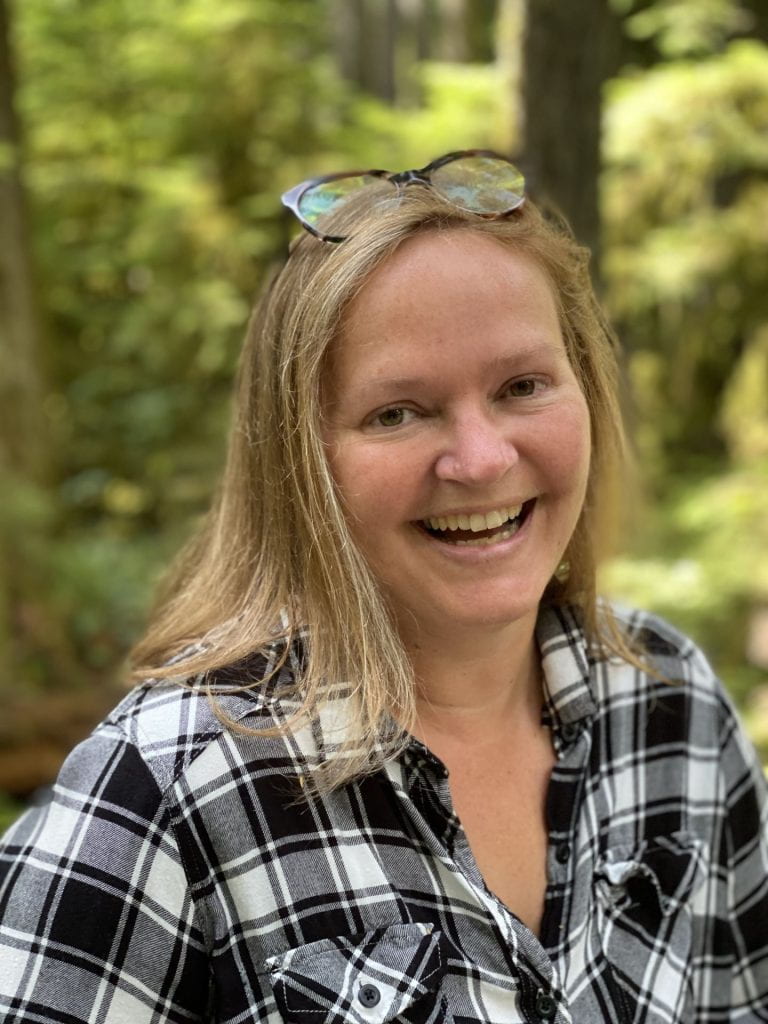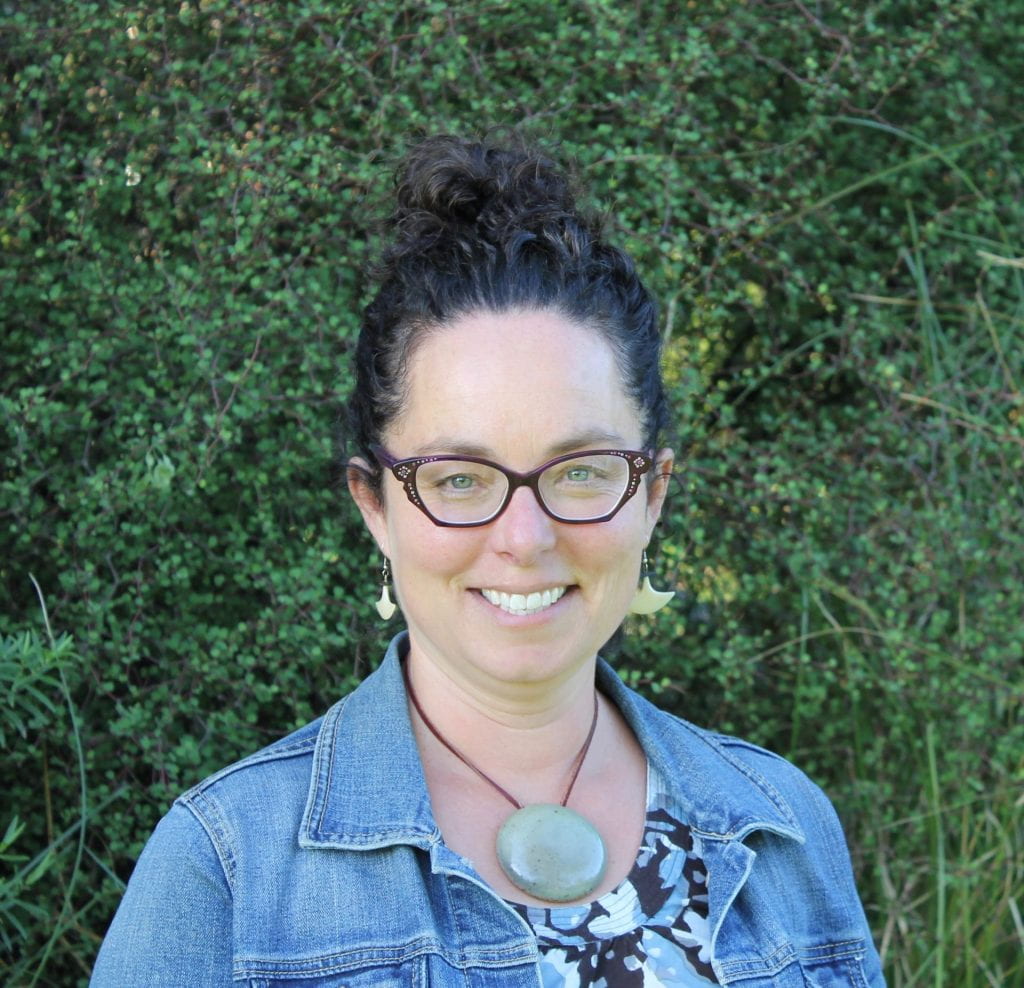Photos from our IEHRA meetings, gathering from across the globe!

Heather Castleden
Dr Heather Castleden (she/her) identifies as a white settler scholar, with ancestral roots in Scotland and England. She is a human health geographer and does community-based participatory research in solidarity with Indigenous Peoples in their communities and with their organizations and Nations. Together, they identify priority research issues that align with the nexus of culture, place, power, resistance, resurgence, and relational accountability to the land and each other. She has held a CIHR New Investigator Salary Award, a Canada Research Chair, and she is now a Full Professor and the President’s Impact Chair in Transformative Governance for Planetary Health at the University of Victoria. Heather is an elected member of the Royal Society of Canada’s College of New Scholars, Artists, and Scientists. Together with Dr Diana Lewis, Dr Castleden is the Co-Director of the ‘A SHARED Future’ research program and she is the Scientific Director of the HEC Lab.

Kg Banjoko
Kg Banjoko is a native West African, born in what is now called Nigeria from the Yoruba tribe. Kg settled in Łídli Kuę (Fort McMurray) in 2010 and has called it home ever since. Upon graduating high school, she chose to pursue a degree in law in the UK graduating from her university in 2020 with an LLB (w/ honors) degree. Moving back home presented her with the wonderful opportunity to begin working for the Athabasca Chipewyan First Nation in their Dene Lands and Resource Management office, starting out in the Industry Relations department as a Regulatory Advisor before moving into her role as the Government Relations and Consultation Coordinator. Decolonizing the Impact Assessment space by establishing an Indigenous environmental health risk assessment framework for her Nation is an exciting new challenge!
International Team

Richie Howitt
Richie Howitt AM was Professor of Human Geography at Macquarie University in Sydney until he retired in 2018. He has worked with and for Indigenous groups around issues of rights and experience arising from resource, infrastructure, tourism and legislative processes across Australia and, more recently, in Taiwan. His research on scale, social and environmental justice and Indigenous rights and well-being in communities of local diversity, conceptualises historical colonisation and contemporary deep colonising as significant unnatural disasters. In retirement, he continues to ponder how to address the trauma and destruction wrought by colonisation across scales from the interpersonal to the intercultural.

Ciaran O’Faircheallaign
Ciaran O’Faircheallaigh is Professor of Politics and Public Policy in the School of Government and International Relations, Griffith University, Brisbane. His research focuses on Indigenous governance especially as it relates to large-scale resource development on Indigenous lands, with a particular interest in negotiation of Indigenous – industry agreements, and on community-controlled impact assessment processes. For over 30 years he has acted as a negotiator and advisor for Indigenous communities and organisations in Australia, Canada and Papua New Guinea. He recently coordinated on behalf of the Kimberley Land Council an Indigenous Impacts Study of the proposed Liquefied Natural Gas (LNG) Precinct north of Broome in Western Australia, and advised the Autonomous Bougainville Government on the possible reopening of the Bougainville copper mine in Papua New Guinea. Since 2017 he has worked with Conservational International (CI) on developing the negotiation capacity of CI’s Indigenous partners in the Global South.

Dyanna Jolly
Dr Dyanna Jolly is a Senior Lecturer in the Department of Environmental Management at Lincoln University – Te Whare Wānaka o Aoraki (since 2022). She has two decades of experience working for and with Māori communities to generate their own cultural impact assessments and environmental management plans, and supporting relationships between Māori, local government and industry. Her academic research reflects a commitment to Indigenous-led processes that create opportunities for transformative engagement and decision-making. Dy is based in Aotearoa New Zealand, but her home community is Whitebear First Nations in Treaty 4 territory, Saskatchewan, Canada. She was adopted into the Kakakaway, Shepherd, Maxie family as a child, and maintains a strong connection to land and community.








